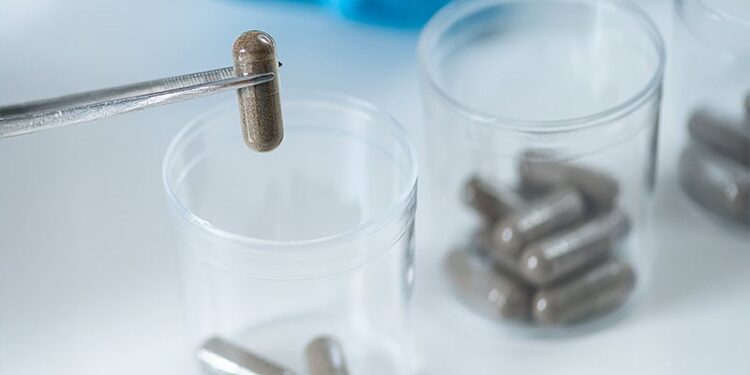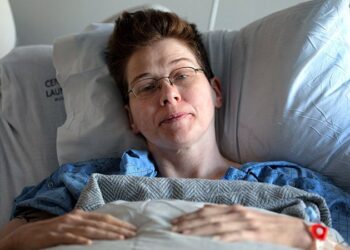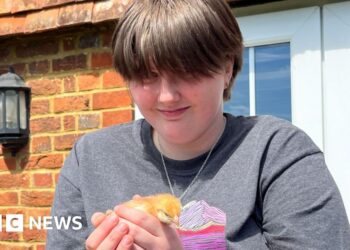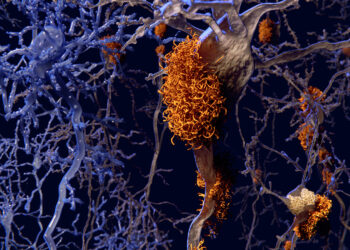TOPLINE:
In fecal microbiota transplantation (FMT) for Clostridioides difficile infection, antibiotic use in the year before donation reduced effectiveness, whereas stool consistency scores of 4 and 5 or higher on the Bristol Stool Form Scale (BSFS) showed significantly greater effectiveness.
METHODOLOGY:
- The effectiveness of FMT varies in patients with recurrent C difficile infection, and donor selection may help predict better treatment outcomes.
- Researchers in Denmark conducted a single-center, prospective cohort study from May 2016 to October 2023 to investigate the effect of clinical donor characteristics on outcomes following single-dose FMT in patients with primary or recurrent C difficile infection.
- Donor characteristics, including sex, age, body mass index (BMI), smoking status, stool consistency of feces using BSFS, total weight of feces donation, antibiotic use, and Helicobacter pylori carriage, were evaluated.
- The primary outcome measure was resolution of C difficile infection–associated diarrhea at 8 weeks after FMT, with treatment failure defined as continued diarrhea and a positive C difficile test, repeated FMT, colectomy, or death.
TAKEAWAY:
- Among 145 donors (median age, 43 years; 79.3% men), 90 provided feces for 1351 single-dose FMTs in 952 patients with C difficile infection; treatment was administered through oral capsules (76.8%), colonoscopy (11.2%), or a nasojejunal tube (12.1%).
- After 8 weeks, single-dose FMT successfully resolved diarrhea associated with C difficile infection in 57.3% of transplants.
- Antibiotic use 3-12 months before donation reduced the effectiveness of FMT (odds ratio [OR], 0.55; P = .019), with similar effects observed for both penicillin-only and other antibiotics.
- Compared with donations with a BSFS score of 3, donations with scores of 4 (OR, 1.38; P = .024) and 5 or higher (OR, 2.89; P = .0072) showed significantly improved effectiveness.
- Donor sex, BMI, smoking status, H pylori carriage, birth mode, total weight of donated feces, and donor-recipient sex concordance showed no significant effect on clinical FMT outcomes.
IN PRACTICE:
“These novel insights contribute to the establishment of evidence-based criteria for feces donation and could optimize donor selection and improve the clinical effectiveness of FMT for this patient group,” the authors wrote.
SOURCE:
This study was led by Anne Karmisholt Grosen, PhD, Department of Clinical Immunology, Aarhus University Hospital, Aarhus, Denmark. It was published online in The Lancet Microbe.
LIMITATIONS:
The small number of donors with specific characteristics might have led to statistical errors. Complete data on donor antibiotic use, birth mode, H pylori status, and stool microbiome were not available for all participants, which could have affected the results. There may have been reporting bias, as donor weight and smoking behavior relied on self-reported data.
DISCLOSURES:
The study was funded by an independent grant from the Innovation Fund Denmark. Two authors reported receiving research grants and additional ties with certain pharmaceutical companies and organizations.
This article was created using several editorial tools, including AI, as part of the process. Human editors reviewed this content before publication.
Source link : https://www.medscape.com/viewarticle/donor-factors-shape-fmt-success-c-difficile-infection-2025a10006pb?src=rss
Author :
Publish date : 2025-03-20 13:45:00
Copyright for syndicated content belongs to the linked Source.














